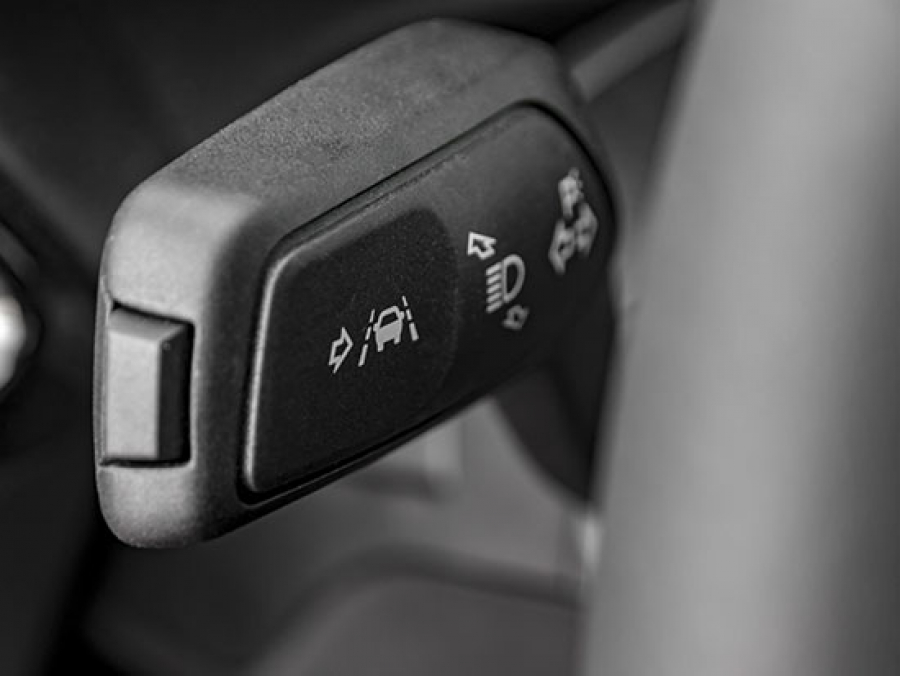Researchers hack adaptive cruise control, then show how to make it safer – The Reporter
 Adaptive cruise control comes standard on most new vehicles but it can be tricked into causing accidents, according to research from the UAB Department of Computer Science. The researchers also demonstrated a way to alert humans in time for them to take control.Most of us think we’re pretty good behind the wheel. But even the worst driver’s-ed dropout can distinguish a speeding car from one barely inching forward. A new study from computer scientists at UAB shows that advanced driving assistance systems such as adaptive cruise control, now standard equipment on many cars, can be tricked into this exact mistake, however. The work, which will be presented at a global Internet of Things conference this fall, also demonstrates a way to keep the cars grounded in reality to avert disaster.
Adaptive cruise control comes standard on most new vehicles but it can be tricked into causing accidents, according to research from the UAB Department of Computer Science. The researchers also demonstrated a way to alert humans in time for them to take control.Most of us think we’re pretty good behind the wheel. But even the worst driver’s-ed dropout can distinguish a speeding car from one barely inching forward. A new study from computer scientists at UAB shows that advanced driving assistance systems such as adaptive cruise control, now standard equipment on many cars, can be tricked into this exact mistake, however. The work, which will be presented at a global Internet of Things conference this fall, also demonstrates a way to keep the cars grounded in reality to avert disaster.
The study merges two strands of research on the vulnerabilities of modern cars with advanced driving assistance systems.
One focuses on the nerve center of electronic communication in most cars, a hub called the Controller Area Network (CAN) bus. The CAN bus is reliable and cheap and great at prioritizing messages while rolling down the interstate at 70 mph. That is why it is the go-to piece of hardware for passing data between the dozens of electronic control units, or ECUs, in modern cars. These controllers are in charge of everything from airbag deployment to antilock brakes and engine timing. But one thing the CAN bus is not is secure, from physical or wireless attacks, as researchers have demonstrated time and again.
 “As with most of our systems, cars were designed for performance and security is often an afterthought,” said Ragib Hasan, Ph.D., director of UAB’s SECRET Lab. “This has led to such glaring security issues in cars we use every day. That is why [Aminul] Hoque’s dissertation research in my lab is so important and timely — it has the potential to save countless lives.”Another hot topic for security researchers: how to protect self-driving cars from attacks on their sensors. (Researchers have been able to fool self-driving cars with strategically placed stickers on stop signs, lasers and hacked billboards.) But what if the attack were deeper — getting at the heart of how…
“As with most of our systems, cars were designed for performance and security is often an afterthought,” said Ragib Hasan, Ph.D., director of UAB’s SECRET Lab. “This has led to such glaring security issues in cars we use every day. That is why [Aminul] Hoque’s dissertation research in my lab is so important and timely — it has the potential to save countless lives.”Another hot topic for security researchers: how to protect self-driving cars from attacks on their sensors. (Researchers have been able to fool self-driving cars with strategically placed stickers on stop signs, lasers and hacked billboards.) But what if the attack were deeper — getting at the heart of how…


